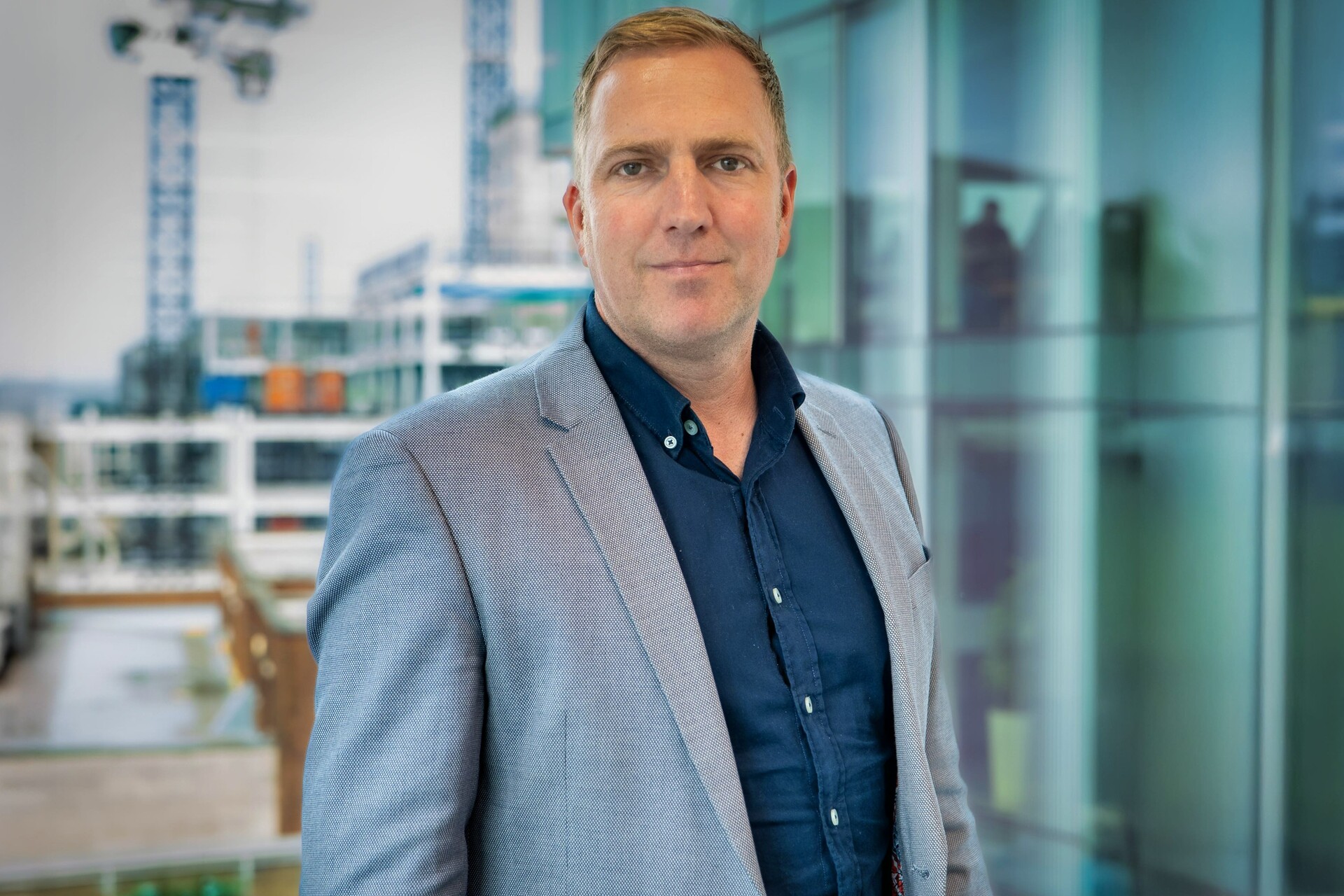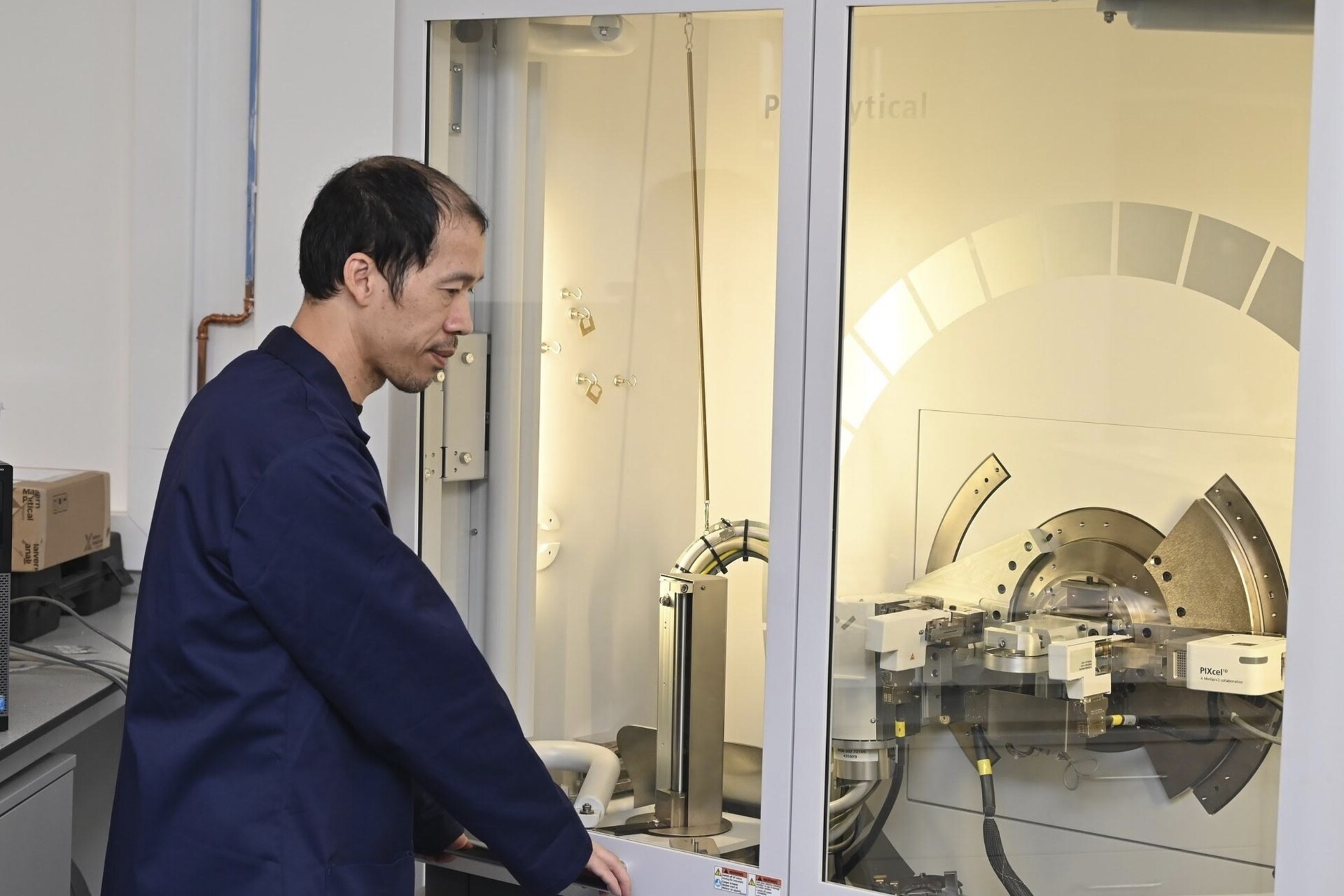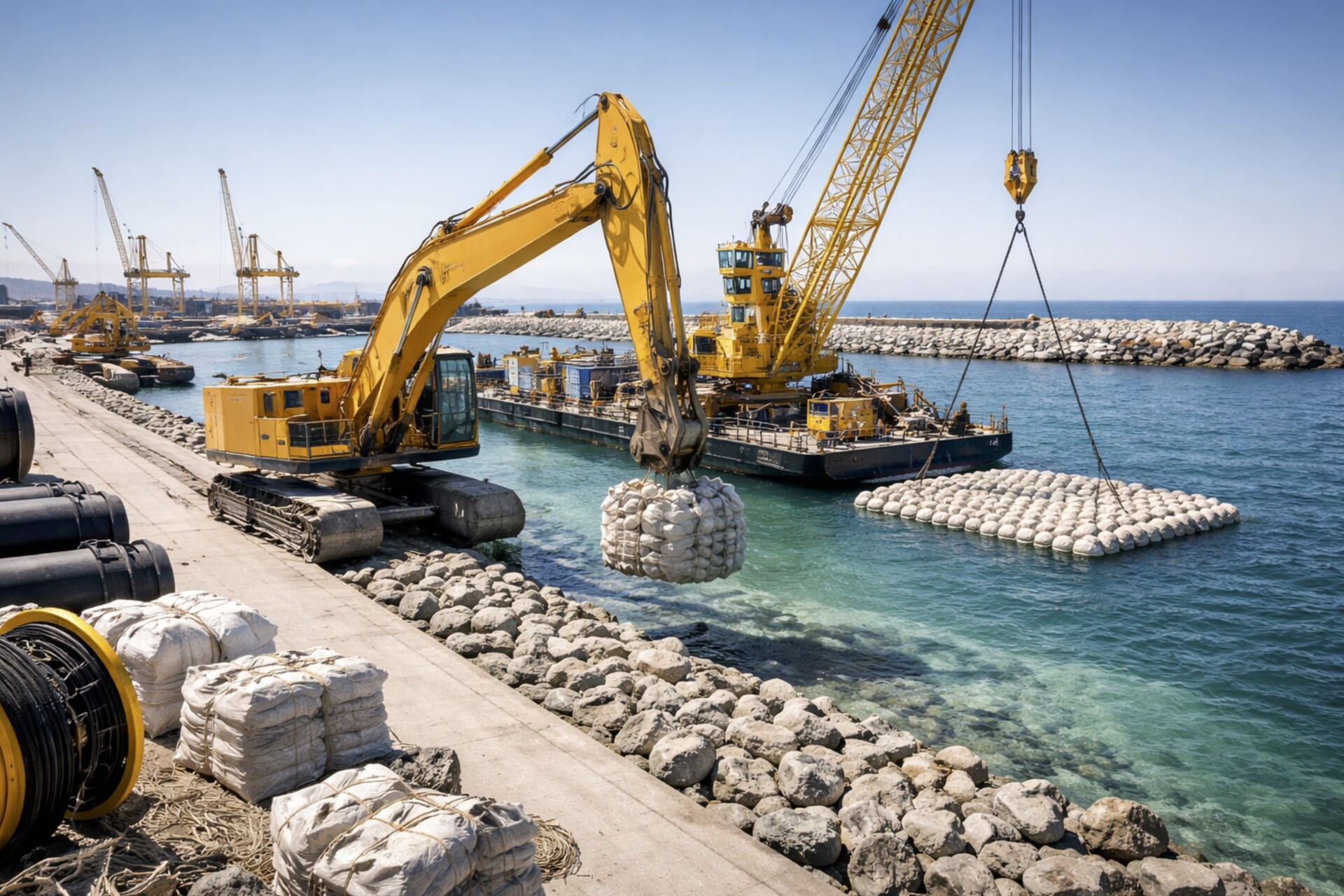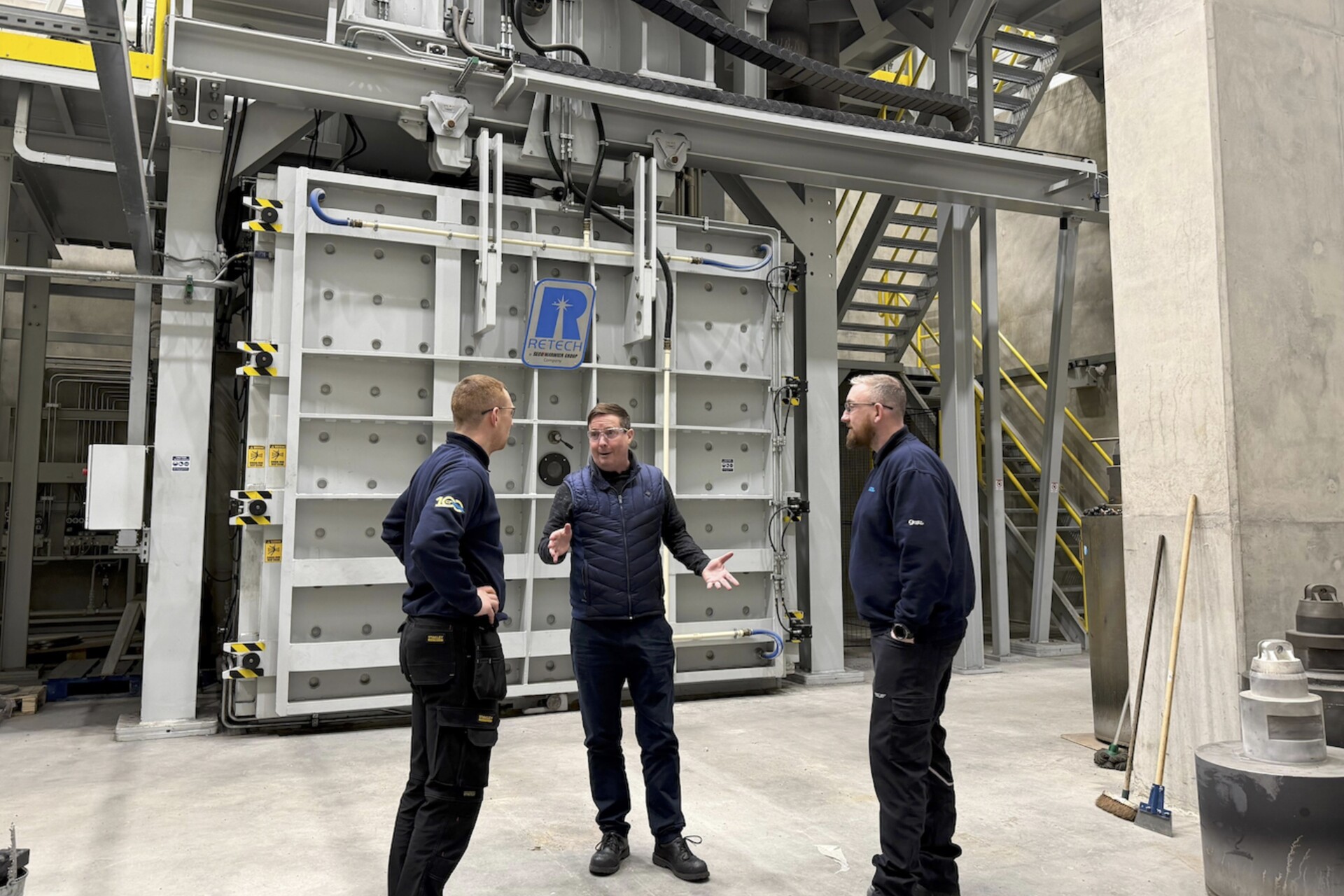Industry Trends and Challenges: NG Bailey: Engineering a Smarter, Greener Future

By Marie Carter-Robb • Posted in Engineering
NG Bailey, the UK’s largest independent engineering and infrastructure services provider, has been delivering complex projects since 1921. A family-owned business, it has grown from humble beginnings as a small electrical contractor into an award-winning, nationally recognised Group at the forefront of innovation in infrastructure and building services.
Under the leadership of Chief Executive Officer Jonathan Stockton, who joined the business in 2016, NG Bailey has continued to drive forward its commitment to decarbonisation, digital transformation, and modern construction methods. With the recent launch of its ambitious five-year Journey to 2030 strategy, the company is making targeted investments across its operations and workforce while playing a pivotal role in the UK’s transition to a low-carbon economy.
Industry Trends and Challenges
What do you see as the most significant trends currently shaping the manufacturing and engineering industries?
One of the most significant trends reshaping our industry is the drive toward net zero and decarbonisation. There’s a clear national shift in investment and priorities towards low-carbon solutions, and this is especially relevant in sectors like energy, transport and infrastructure. At NG Bailey, we’re focusing on areas like offsite construction, electric vehicle infrastructure and wider electrical infrastructure to help the UK move towards a more sustainable future.
Another major trend is the digitalisation of operations. Across engineering and facilities services, the use of data and digital maintenance tools is enhancing efficiency, performance and decision-making. This is transforming how we deliver value to clients, making services smarter and more predictive.
We’re also seeing a move towards more integrated and modular construction methods, such as Modern Methods of Construction (MMC), which allow for safer, faster and greener delivery. This is becoming especially important as clients seek high-quality, scalable solutions with minimal disruption on site, while also supporting net zero goals both internally and on the client side.
What are the biggest challenges your company is facing right now, and how are you addressing them?
Skills shortages continue to be our biggest challenge. We are addressing this through targeted investment in our people to ensure we have the right skills and experience to deliver our growth plans. This includes upskilling and investing in learning and development at all levels, as well as evolving our wider benefits package to attract and retain talent.
Ultimately, we want to ensure we are investing in our people and their careers so our employees want to work at NG Bailey for the long term and go on that journey with us.
Innovation and Technology
How is your company leveraging new technologies like automation, AI or IoT to stay competitive?
Across all parts of our business, we’re using new technologies that help us serve our customers better.
At NG Bailey, we’re continuously exploring how emerging technologies like automation, AI and IoT can enhance the way we work and deliver value to our clients. These technologies are helping us streamline processes, improve decision-making and create smarter, more efficient buildings and infrastructure.
Whether it’s using IoT to monitor building performance in real time, adopting automation to improve efficiency in offsite manufacturing, or exploring AI to support predictive maintenance and data-driven insights, our goal is to leverage new technologies where we can.
We are also part of an international peer group with industry peers in Australia and the US, allowing us to learn from others and bring new and innovative approaches back to our operations in the UK.
Can you share an example of a recent innovation at your company and its impact on your operations?
One recent innovation is the leveraging of IoT across our smart building solutions. By embedding sensors throughout a building, we can gather real-time data on energy use, air quality, temperature and more. This enables us to optimise performance and sustainability, while helping estate managers remotely monitor and maintain critical assets across multiple properties.
These innovations are transforming the way we design, build and manage buildings - making them smarter, more efficient and more responsive to the needs of our customers.
Sustainability and Environmental Impact
How do you see sustainability influencing the future of manufacturing and engineering?
Our journey towards sustainability is guided by several long-term ambitions.
At the heart of our strategy is our commitment to achieving net zero. We have set clear Science-Based Targets, aiming to reach net zero greenhouse gas emissions by 2045. This includes reducing Scope 1, 2 and 3 emissions by 90% from our 2018/19 baseline.
Achieving this requires a concerted effort across the business - from transitioning operations to 100% renewable energy to shifting towards electric and hybrid vehicles across our fleet. Electrifying our fleet is a major challenge, but we’ve already made progress with our EV car fleet and are working on transitioning our commercial fleet.
In 2024, we moved to a new headquarters in Leeds. Beyond offering a modern working environment, the office’s strong ESG credentials help reduce our carbon footprint and support our net zero targets.
We’re also committed to zero waste in our operations. At our offsite manufacturing facility, we are working toward zero avoidable waste and are already recovering or recycling 98.9% of the waste we generate.
Workforce Development and Skills
What skills do you believe are most critical for the future workforce in manufacturing and engineering?
The future workforce will need a strong blend of technical and soft skills.
Technical proficiency in automation, AI and IoT will be essential for driving innovation and efficiency. Equally important are critical thinking and problem-solving skills, especially as we tackle complex challenges around sustainability and energy use.
At NG Bailey, we’re open to change - just because something worked in the past doesn’t mean it’s right for the present.
How is your company investing in workforce development and training?
NG Bailey delivers workforce development at all levels. We’re proud of our award-winning apprenticeship scheme, established in 1934, which provides leading training and ongoing support.
We also offer peer-to-peer exchange programmes with industry partners in the US and Australia, allowing knowledge-sharing across international markets.
Our Safety in Mind programme reinforces our safety-first culture by helping employees focus their attention and behaviour around safe working.
Looking ahead, we’ve launched two new executive development programmes in 2024 to enhance leadership and succession planning. Investing in the development of current and future leaders is key to future-proofing NG Bailey.
Leadership and Business Strategy
How do you maintain a culture of innovation and continuous improvement within your organisation?
Innovation and improvement are embedded in our culture. As the UK’s largest independent engineering and infrastructure services provider, staying ahead means empowering our people to challenge the status quo.
Our ‘Journey to 2030’ strategy and new Ways of Working charter promote openness, collaboration and a shared commitment to innovation.
What is your vision for the future of your company, and how do you plan to achieve it?
Our vision is laid out in our Journey to 2030 strategy - a bold, sustainable roadmap for purposeful growth.
We’ve positioned 80% of our operations in resilient sectors like defence, healthcare and rail, providing stability and long-term opportunities.
We are aligning our Engineering, Facilities Services and EV Infrastructure businesses under one umbrella, offering customers an integrated solution that supports the UK’s transition to net zero.
Our aim is to build a future-ready NG Bailey: resilient, innovative and operationally excellent.




